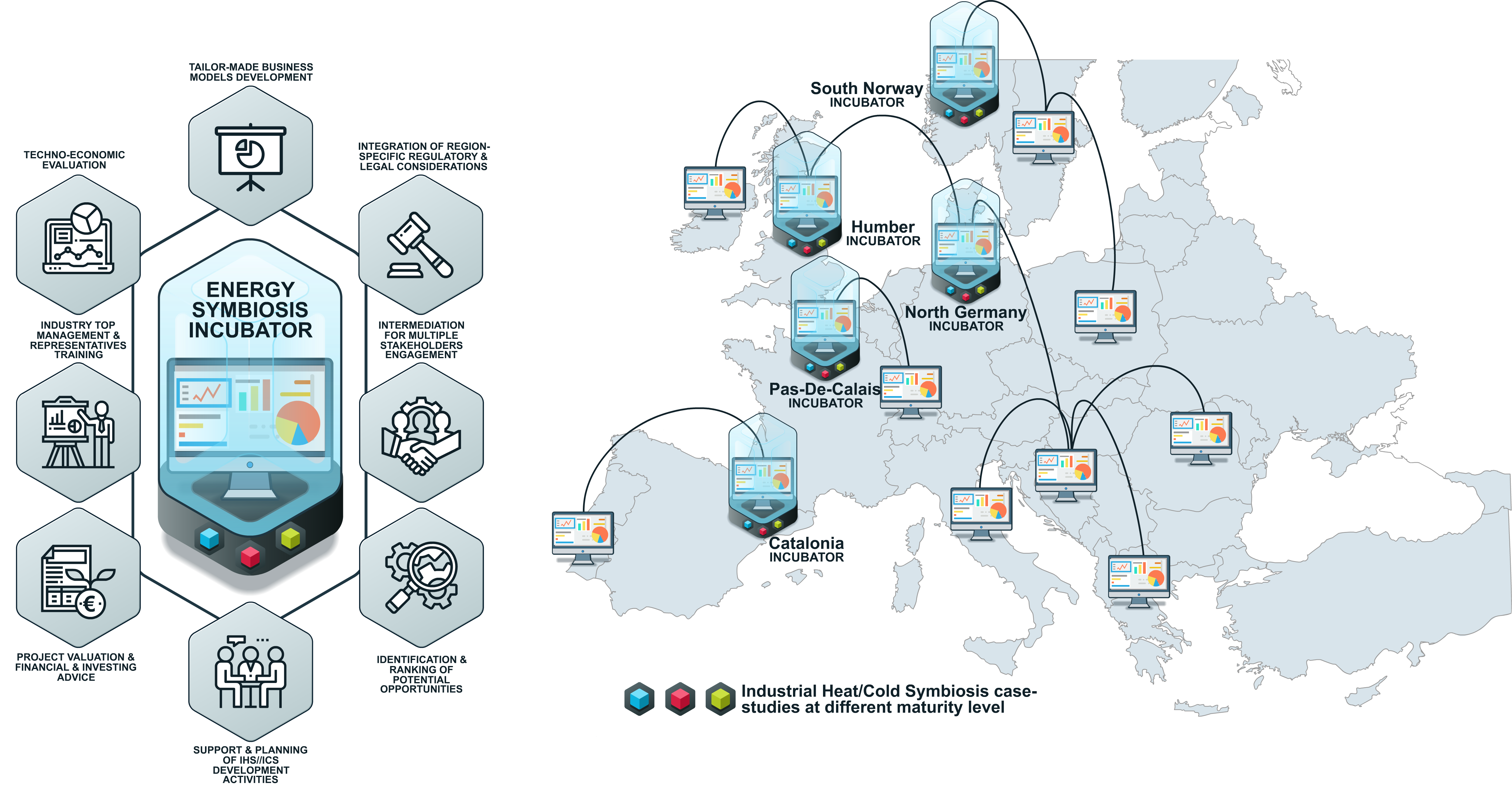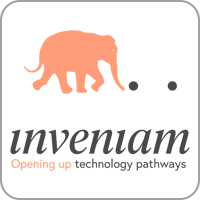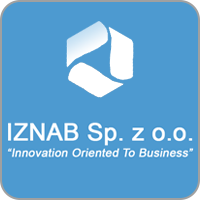» IT-enabled
» Facilitated Workshops
» Input-output Mapping
Energy Symbiosis (the selling and buying of excess energy) can lead to energy efficiency improvements, CO2 and cost reductions, new revenue, jobs and local investments.
This potential remains unexploited because Energy Symbiosis projects are complex multi-stakeholder activities facing long lead times, high transaction costs, and a range of technical, financial and legal uncertainties before securing an investment.
INCUBIS will deliver an ambitious Incubator programme to help stakeholders overcome these challenges and implement Energy Symbiosis projects at the local and regional level.
Five Energy Symbiosis Incubators will be launched, supporting existing or novel exchanges of waste heat & cold within industrial areas in Spain (Barcelona Province), France (Dunkirk), Norway (Agder Region), United Kingdom (Humber Region), and Germany (Brunsbuttel)
The Incubators will consist of both physical and virtual spaces, operated by INCUBIS consortium partners who have been selected specifically for their complementary expertise and experience in delivering Energy Symbiosis in Industrial Parks and Districts.
These Incubators will provide to local actors with all the tools, expertise and training required to secure seed funding for the projects, find solutions to problems, intermediate in negotiations, and see the energy symbiosis projects through to implementation.
The Incubator´s tools and services will become available across European territories through the Virtual Platform while the methods followed will be integrated in existing reference documents and standards like the EU´s Energy Efficiency BAT and EMAS.

» IT-enabled
» Facilitated Workshops
» Input-output Mapping
» Technical feasibility
» Technoeconomic study
» Regulatory screening
» Cost-Benefit analysis
» ROI Analysis
» Environmental Assessment
» Socioeconomic Assessment
» Access to funding
» Lobbying authorities
» Provision of technical expertise
» Business (contractual) advise
» Stakeholder coordination
» Project Management
» Training & capacity building
» Permitting
» Permit acquisition
» Project execution
» Auditing
» Monitoring
» Evaluation
» Maintenance
» Improvement
» Dissemination
» Replication
1. Learning by doing: Develop Incubator by adapting and applying tools/instruments to primary case studies (3-4)
2. Launch awareness raising campaign to expand the reach of the project
3. Conduct Symbiosis Identification activities (workshops etc.) to increase the pool of projects
4. Select secondary case studies (3-4) from initial pool of projects and start engagement to define needs and requirements
1. Launch Incubator online and face-to-face services in all regions (3-4)
2. Apply Incubator to secondary case studies and continue involvement with primary case studies (total 6-8 projects)
3. Gradually add elements and refine Incubator as case studies progress through their lifecycle
4. Launch open call and select 3rd round of case studies (3-4)
1. Start closing primary and secondary case studies, report their impact, establish future actions
2. Finalize Incubator services and deliver final version of virtual platform, tools, handbooks and guidelines
3. Step up communication campaign, disseminating project outcomes, lessons learned, public deliverables, etc. at all levels
4. Launch training campaign by delivering the capacity building activities developed in phase 1 & 2 to 3rd parties
5. Define and put in place the business model under which the Incubator will remain operational after project end








